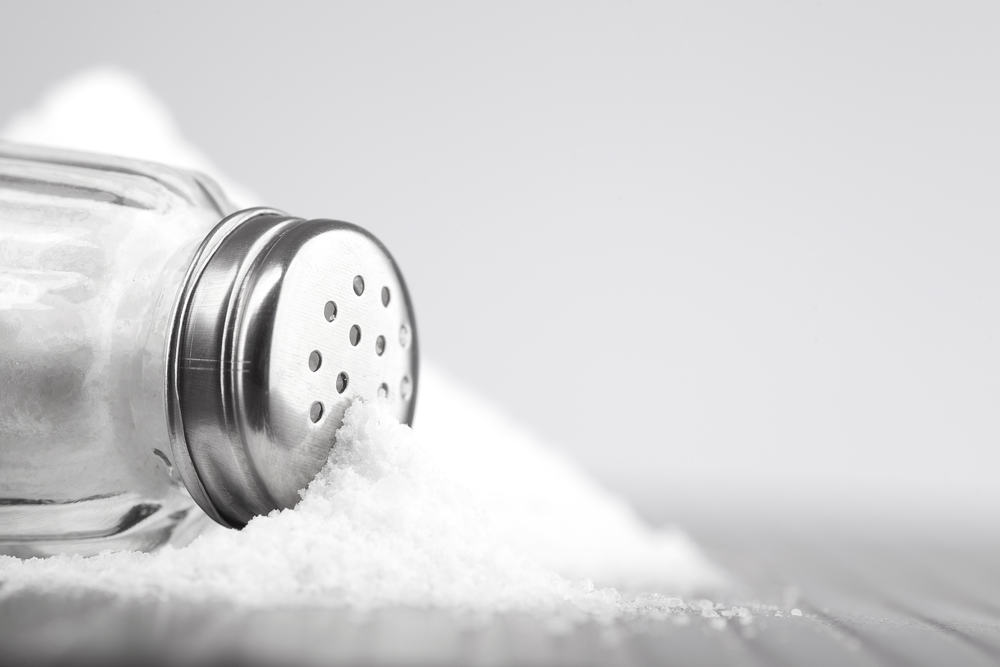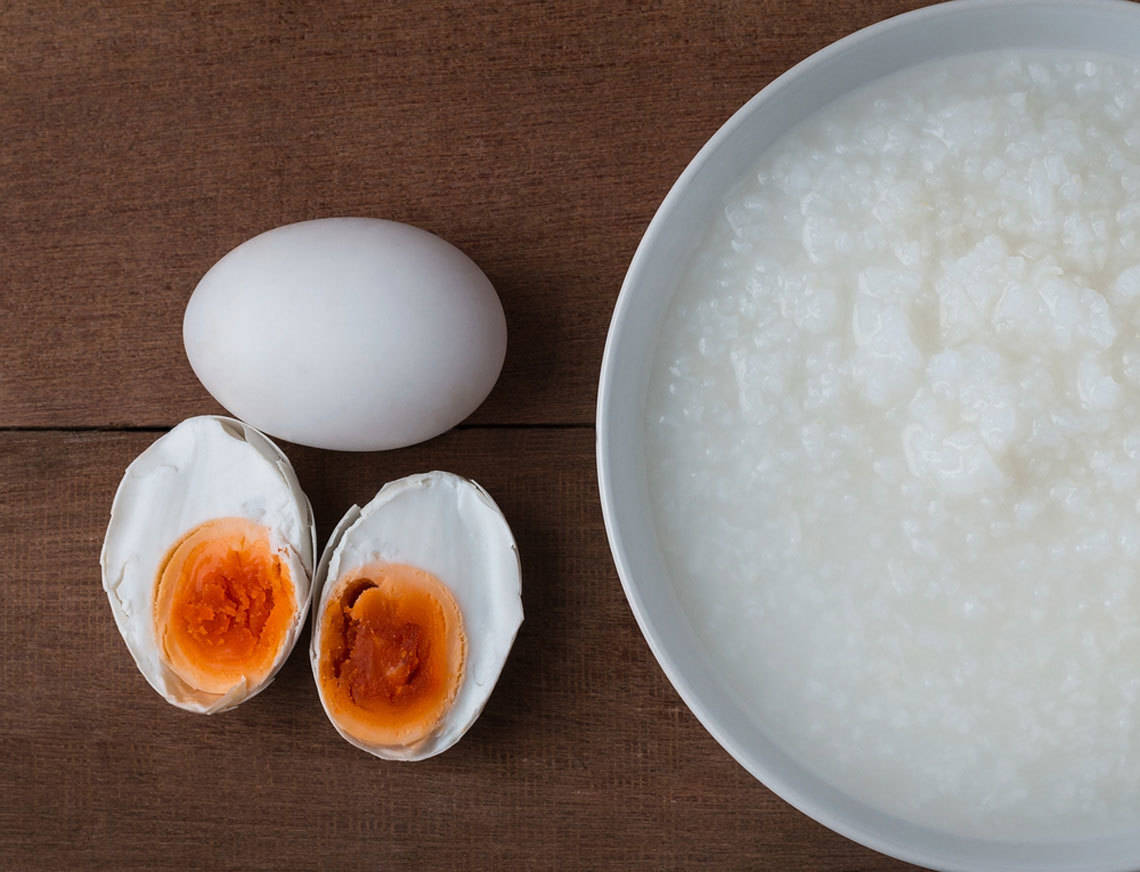Contents:
- Medical Video: Why is too much salt bad for you?
- What are the dangers of excess salt in body health?
- 1. Decreased brain function
- 2. Disrupting kidney function
- 3. Increases blood pressure
- 4. Stroke and vascular dementia
- 5. Thinning of bones
- 6. Stomach cancer
Medical Video: Why is too much salt bad for you?
Eat without salt like eating vegetables without salt, tasteless. So it's not surprising that many people like salt because it can add to the delicacy of food eaten. Sodium-containing salts were found to be important for human health. Minerals contained in salt can help regulate body fluids, maintain nerve transmission and muscle contraction.
Why do many people like salt so much? A study has found that the brain responds to the sodium you consume similar to a substance such as nicotine, so it can have an addictive effect. Unfortunately, whatever you like with salt, you still need to limit your salt intake to at least 5 grams or one teaspoon per day. Because if not, then excessive salt consumption can have a negative impact on your body's health.
What are the dangers of excess salt in body health?
Here are some dangers that can arise if you consume excessive salt.
1. Decreased brain function
Studies have found that adults who consume a lot of salt in food risk more than heart disease. a study Baycrest even shows that adults who consume too much salt and don't exercise are at greater risk of experiencing cognitive decline.
2. Disrupting kidney function
As you know, one function of salt is to balance fluid levels in the body, by giving a signal to the kidneys when to hold water and when to waste water. Unfortunately, excessive salt consumption can actually disrupt the process.
If you consume excess salt, your kidneys will reduce the release of water into the urine, which can cause an increase in blood volume due to water retention. Symptoms that will arise include edema, which is characterized by swelling especially in the hands, arms, ankles, and legs, which is caused by fluid retention.
3. Increases blood pressure
Salt can also affect blood pressure, because the higher the level of sodium in the blood, the higher the volume of your blood. The increase in blood volume turns out to cause an increase in blood pressure. In addition, long-term consumption of sodium can also damage the walls of blood vessels and increase the risk of hypertension or high blood pressure.
High blood pressure is the power of blood that pushes the artery wall when the heart pumps blood, which can cause many serious conditions, such as strokes and heart failure. And even though blood pressure naturally increases with age, according to American Heart AssociationOne way to prevent your blood pressure from increasing too much is to reduce salt intake.
4. Stroke and vascular dementia
High salt intake increases blood pressure, increases the risk of stroke and vascular dementia. Dementia is a loss of brain function that affects memory, thought, language, judgment, and behavior. Vascular dementia can be caused by blocked blood vessels in the brain. About one in three people who experience a stroke experience vascular dementia.
5. Thinning of bones
Excessive calcium excretion in urine is believed by some experts to increase the risk of bone thinning. Some studies have even found that salt can cause bones to lose calcium so that it can make bones weaker. In the long term, excessive calcium loss can be associated with the risk of osteoporosis, especially in women postmenopausal.
6. Stomach cancer
In medicaldaily.com it was stated that the 1996 study was published on International Journal of Epidemiology found that deaths from stomach cancer in men and women were closely related to excessive salt consumption. In addition, high salt intake can also be related to heartburn.
Although there is no strong reason for the connection, it is quoted via livestrong.com, salt may have an adverse effect on the gastric mucous lining and cause stomach tissue to become abnormal and unhealthy.












